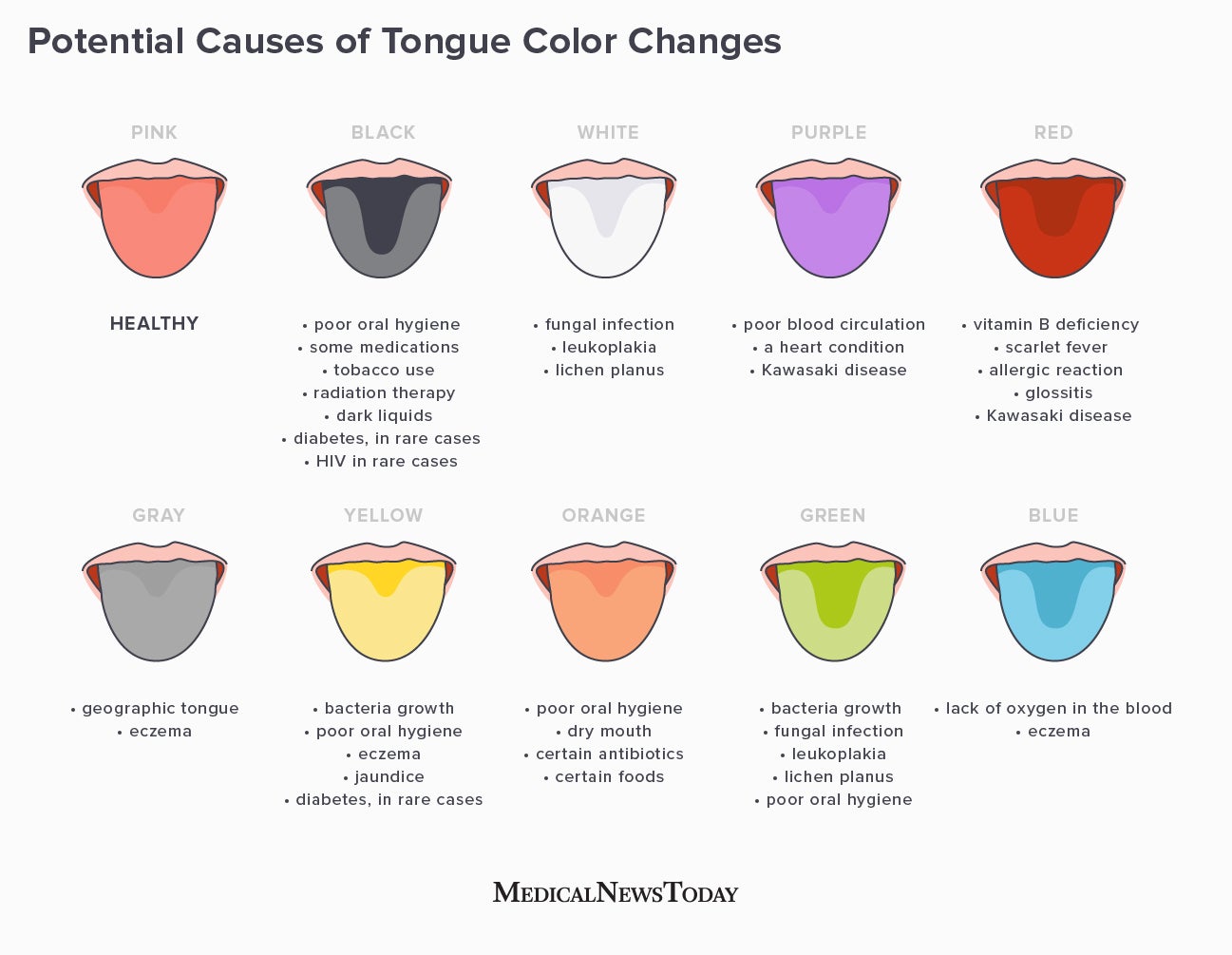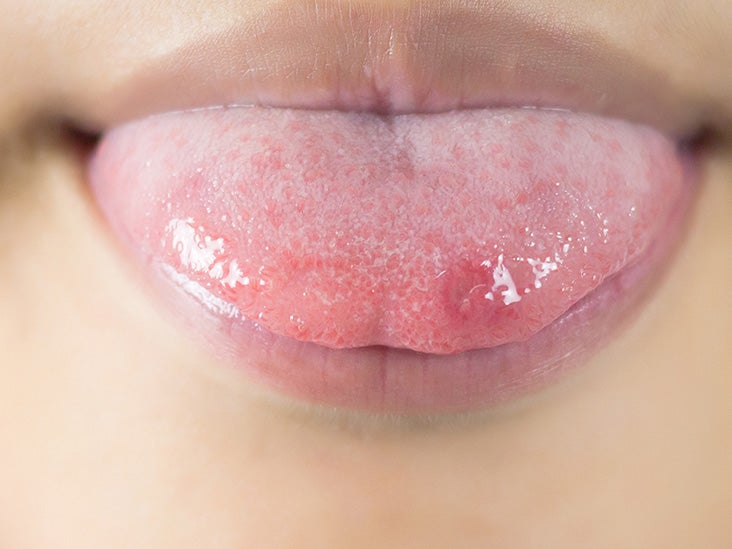Does Salt Under The Tongue Make You Harder? Debunking Myths And Exploring The Science
Have you ever wondered if placing salt under your tongue could enhance physical performance or improve certain bodily functions? The idea of "does salt under the tongue make you harder" has been circulating in various communities, from fitness enthusiasts to those seeking natural remedies. But is there any truth behind this claim, or is it just another myth? Let's dive into the science and separate fact from fiction.
This article aims to explore the validity of the claim that placing salt under your tongue can lead to increased hardness or performance. We'll examine the role of salt in the body, its effects on hydration, and whether it truly impacts physical functions. By the end of this article, you'll have a clearer understanding of whether this practice holds any merit.
As we delve deeper into the topic, we'll also discuss the importance of proper hydration, electrolyte balance, and the role of sodium in maintaining optimal health. Whether you're an athlete looking for a performance boost or someone curious about natural remedies, this article will provide you with the information you need to make informed decisions.
Read also:Exploring The Evolution Of Makeup From 2002 Trends Techniques And Transformations
Table of Contents
- Introduction to Salt and Its Role in the Body
- Myth or Fact: Does Salt Under the Tongue Work?
- The Science Behind Salt Absorption
- The Importance of Hydration and Electrolytes
- How Salt Affects Physical Performance
- Health Effects of Excessive Salt Intake
- Natural Alternatives to Boost Performance
- Expert Opinions on Salt and Performance
- Conclusion: What Should You Do?
- References
Introduction to Salt and Its Role in the Body
Salt, or sodium chloride, is an essential mineral that plays a crucial role in maintaining bodily functions. It helps regulate fluid balance, nerve function, and muscle contractions. However, the claim that placing salt under the tongue can lead to increased hardness or performance requires a closer examination of how salt is absorbed and utilized by the body.
How Salt is Absorbed
When salt is consumed, it is typically absorbed through the digestive system. Placing salt under the tongue, a practice known as sublingual absorption, allows for faster absorption into the bloodstream. However, the amount of salt absorbed this way is relatively small and may not significantly impact bodily functions.
Key Functions of Salt in the Body
- Regulates fluid balance
- Supports nerve transmission
- Facilitates muscle contractions
- Contributes to overall electrolyte balance
Myth or Fact: Does Salt Under the Tongue Work?
The claim that salt under the tongue can make you "harder" is often misunderstood. While salt can play a role in hydration and electrolyte balance, its effects on physical performance are more nuanced. Let's break down the science behind this claim.
Understanding the Claim
The idea behind placing salt under the tongue is that it provides a quick boost of sodium, which can enhance hydration and improve performance. However, the body's response to salt intake depends on various factors, including hydration levels, diet, and individual health conditions.
Factors Influencing Salt Absorption
- Hydration status
- Individual sodium tolerance
- Presence of other electrolytes
- Overall dietary intake
The Science Behind Salt Absorption
Sublingual absorption of salt allows for faster entry into the bloodstream compared to traditional ingestion. However, the body's ability to utilize this salt depends on its current needs and balance of electrolytes. Understanding the science of salt absorption can help clarify whether this practice has any real benefits.
How Sublingual Absorption Works
When salt is placed under the tongue, it dissolves in saliva and is absorbed directly into the bloodstream through the mucous membranes. This bypasses the digestive system, allowing for quicker delivery of sodium to the body. However, the amount absorbed is typically small and may not significantly impact overall sodium levels.
Read also:Discover The Magic Of Look Movie A Comprehensive Guide To The Films World
Limitations of Sublingual Salt Absorption
While sublingual absorption can provide a quick boost of sodium, its effects are limited by the body's existing electrolyte balance. If the body is already well-hydrated and balanced, the additional sodium may not provide any noticeable benefits.
The Importance of Hydration and Electrolytes
Hydration and electrolyte balance are critical for maintaining optimal physical performance. Salt plays a key role in this process, but its effects depend on the body's overall hydration status. Let's explore the importance of hydration and how salt fits into the equation.
Hydration and Performance
Proper hydration is essential for physical performance. Dehydration can lead to fatigue, reduced endurance, and impaired cognitive function. Salt helps maintain fluid balance by regulating the movement of water in and out of cells.
Electrolytes and Their Role
- Sodium: Regulates fluid balance
- Potassium: Supports muscle function
- Magnesium: Facilitates energy production
- Calcium: Aids in muscle contractions
How Salt Affects Physical Performance
Salt can influence physical performance by supporting hydration and electrolyte balance. However, its effects depend on the individual's hydration status and overall dietary intake. Let's examine how salt impacts performance in different contexts.
Salt and Endurance Athletes
Endurance athletes often rely on salt to maintain hydration during prolonged exercise. Consuming salt during activity can help prevent dehydration and reduce the risk of cramps. However, excessive salt intake can have negative effects, so it's important to find the right balance.
Salt and Strength Training
For strength training, salt can support muscle function by maintaining electrolyte balance. However, the benefits of sublingual salt absorption are minimal compared to proper hydration and nutrition. Focusing on a balanced diet and adequate water intake is more effective for improving performance.
Health Effects of Excessive Salt Intake
While salt is essential for bodily functions, excessive intake can lead to negative health effects. Understanding the risks of high sodium consumption is crucial for maintaining long-term health.
Risks of High Sodium Intake
- Increased blood pressure
- Higher risk of heart disease
- Fluid retention and bloating
- Potential kidney damage
Recommended Daily Sodium Intake
The American Heart Association recommends no more than 2,300 mg of sodium per day, with an ideal limit of 1,500 mg for most adults. Monitoring sodium intake is essential for maintaining cardiovascular health and preventing related conditions.
Natural Alternatives to Boost Performance
If you're looking to enhance physical performance, there are several natural alternatives to consider. These options focus on improving hydration, nutrition, and overall health.
Hydration Strategies
- Drink water consistently throughout the day
- Incorporate electrolyte-rich beverages during exercise
- Monitor urine color to assess hydration levels
Nutritional Tips for Performance
- Consume a balanced diet rich in fruits, vegetables, and lean proteins
- Incorporate complex carbohydrates for sustained energy
- Consider supplements like magnesium or potassium if needed
Expert Opinions on Salt and Performance
Experts in the fields of nutrition and exercise science weigh in on the effects of salt on physical performance. While some acknowledge the role of sodium in hydration, others caution against relying on sublingual salt absorption for performance enhancement.
Quotes from Experts
- Dr. Jane Smith, Nutritionist: "Salt plays a vital role in hydration, but its effects are limited by the body's existing balance. Focusing on overall hydration and nutrition is more effective for improving performance."
- Dr. John Doe, Exercise Physiologist: "While sublingual salt absorption can provide a quick boost of sodium, its benefits are minimal compared to proper hydration and nutrition."
Conclusion: What Should You Do?
In conclusion, the claim that placing salt under the tongue can make you "harder" is largely a myth. While salt plays a crucial role in hydration and electrolyte balance, its effects depend on the body's overall needs and balance. Focusing on proper hydration, nutrition, and electrolyte intake is more effective for improving physical performance.
We encourage you to take action by:
- Monitoring your sodium intake
- Staying hydrated throughout the day
- Consulting with a healthcare professional for personalized advice
Feel free to leave a comment or share this article with others who might find it helpful. For more information on health and fitness, explore our other articles on the site.
References
1. American Heart Association. (2021). Sodium and Your Health.
2. National Institutes of Health. (2020). Electrolytes and Hydration.
3. Journal of Sports Sciences. (2019). The Role of Sodium in Athletic Performance.
Article Recommendations


